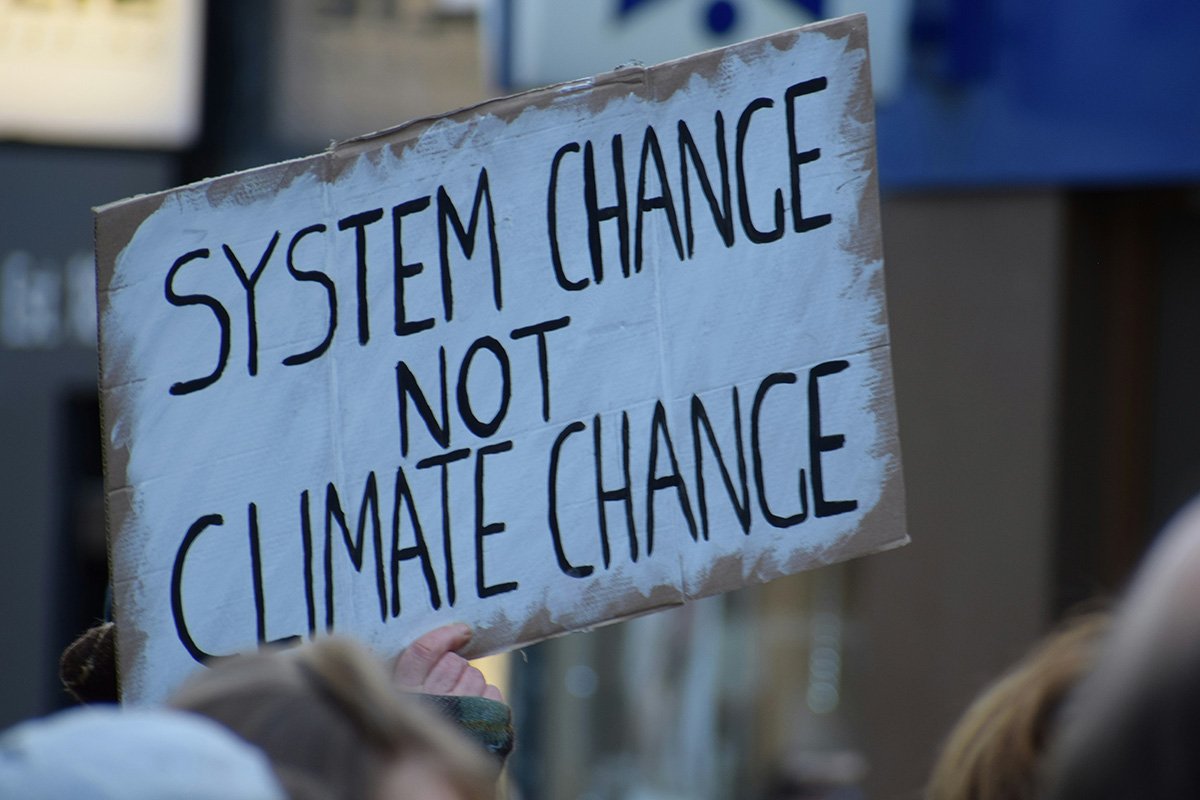
Early in the COVID response, a group now reaching nearly 500 foundations pledged to stop conducting business as usual with their grantees, who have been faced with profound challenges of crisis and opportunity. Over the past three weeks, echoing a call to action originally made by Vu Le, NPQ has been urging philanthropy to step up to the times by doubling their payout rates. That call is now attracting more voices—both among funders, who have put their money on the strategy, and from organizations that support or advise philanthropy in some way.
Around a week ago, we published a statement from the Mary Reynolds Babcock Foundation declaring its commitment to doubling down. And yesterday, the San Francisco-based Libra Foundation announced that it also has boldly elected to double its grantmaking from last year’s $25 million to $50 million in 2020, encouraging others to do the same.
The Libra Foundation’s latest docket, in fact, awards $22 million to 57 grassroots groups led by—and for—low-income communities of color. This aligns with the foundation’s guiding principle that those closest to the issues understand those issues the best. They are not only the best equipped to build solutions; they are the most effective at implementing those solutions.
All the grants provide general support and do not require proposals or reports. They are specifically aimed at “allowing grantees to adapt to the grave threats our democracy is facing as well as the economic and public health impact of the COVID-19 crisis as they set about the difficult work of rebuilding our communities and greater society.” That work grantees are doing includes base-building, electoral and civic engagement, movement networks, coalition-building, and census work.
“2020 is a major turning point for America. Attacks on democracy, rampant voter suppression, rising income inequality and now, the coronavirus pandemic…all reveal what marginalized people have always known to be true,” says Crystal Hayling, Libra’s executive director. “Working people are getting left behind, and Libra is dedicated to lifting up people-powered solutions that strengthen public health and advance social and environmental justice.”
As it walks the walk, Libra is advocating for other foundations to make similar commitments in recognition of the extraordinary times and to trust their community partners by providing flexibility.
Sign up for our free newsletters
Subscribe to NPQ's newsletters to have our top stories delivered directly to your inbox.
By signing up, you agree to our privacy policy and terms of use, and to receive messages from NPQ and our partners.
“We are inspired by and grateful for our community of movement leaders and allied funders that is pushing us to step it up by increasing Libra’s grantmaking, removing requirements, taking bold action, and being humble,” said Hayling says. “These organizations are generative, they are visionary, and they are responding to COVID-19 in a way that keeps us connected to who we are and what we are fighting for.”
Libra is still an outlier among foundations, however; others have released statements declaring that they are hunkering down with their assets, at least temporarily—a “blue pill” choice a la The Matrix, as laid out in Dana Kawaoka-Chen’s feature today, “Philanthropy, Meet Our Matrix Moment: Which Pill Will You Choose?”
Meanwhile, nine national organizations that serve philanthropic institutions, comprising BoardSource, the Center for Effective Philanthropy (CEP), the Council on Foundations (COF), Grantmakers for Effective Organizations (GEO), Hispanics in Philanthropy (HIP), Independent Sector, the National Center for Family Philanthropy (NCFP), the National Committee for Responsive Philanthropy (NCRP), and the United Philanthropy Forum have signed on to a letter urging foundations to grant at significantly increased levels during the COVID crisis.
We’ve been heartened that some foundations and corporate giving programs are increasing their grants at this crucial time. We call on all funders to consider joining them by significantly increasing their grant spending during this crisis. Organizations helping and empowering the most vulnerable, those closest to the financial precipice with limited operating capital or reserves, and those with significant earned revenue streams or that rely small gifts from individual donors are facing significant challenges. Organizations serving communities of color are also going to need extra resources as they deal with skyrocketing unemployment for all racial groups and particularly for black, indigenous and Latinx communities, and with Asians and Pacific Islanders facing xenophobia.
Deploying philanthropic assets to strengthen vital organizations doing crucial work in extremely challenging circumstances is more important right now than preserving endowment capital. The strength of a funder’s grantees at the end of this crisis will be a much better measure of the significance of a foundation than the size of its endowment. Unprecedented challenges require unprecedented responses—and a casting aside of traditional norms and approaches.
Even as this statement is released, of course, the National Council of Nonprofits is spearheading lobbying around stimulus provisions in government. These are the moments when the value of those networks for information and advocacy strength becomes more obvious. We urge nonprofits to join their local state associations immediately, if they have not already done so.










